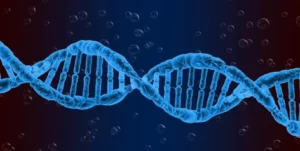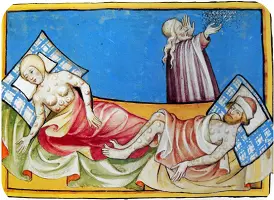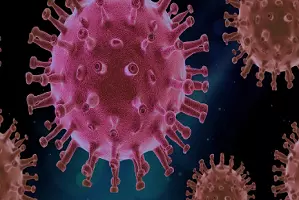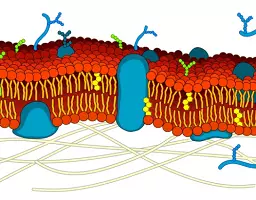Bioethics in clinical practice and research
The term health sciences encompasses a series of professions: doctors, nurses, pharmacists, dentists, etc. they have in common that they work directly with human beings. It is clear that all these professionals need to have scientific knowledge that is achieved during their studies and with the subsequent exercise of their profession, but this is not enough. All these professions, in addition to being a science, have a part of technical knowledge, that practical know-how, but they also have a part of art understood as interpretation. To the older ones, the classic ” be made according to art” will sound to us.that accompanied as a final tagline the prescriptions of a magisterial formula, for example. And that’s it? No, there is still another dimension of the health professions, the ethical part, because in the exercise of all of them, analyzes of the facts are carried out and decisions based on value judgments are made. As the philosopher Edmund Pellegrino said, “Medicine is the most humane of the arts, the most artistic of the sciences, and the most scientific of the humanities.”

Nowadays, no one doubts the adequate scientific-technical training of our health professionals, but the conflicts that appear in practice and in clinical research make it necessary to have adequate ethical training for professionals in this field. Many universities have integrated bioethics studies into health sciences curricula, but the disparity of criteria is very important, some have done it as a section of a related subject, others as a subject with few credits. It is increasingly necessary for this training to be more complete.
For this reason, there have been studies of Master’s degrees in Bioethics, such as the Official Online Master’s Degree in Bioethics of the International University of Valencia, which has the advantage of offering a vision of humanistic bioethics, non-denominational and focused on clinical aspects, through a multidisciplinary approach that It covers from the beginning of life to the end of it. This Master is divided into several blocks:
- The first of them provides a philosophical, anthropological and legal basis for bioethics, necessary to contextualize and understand it.
- The second relates bioethics to multidisciplinary clinical practice and, furthermore, explains the functioning of ethics committees.
- The third addresses bioethical issues related to health research with human beings, to avoid abuses such as those that occurred in the past.
- And the last one addresses the main bioethical questions both at the beginning and at the end of human life.
- The studies are complemented by a range of optional subjects that cover legal, ecological and healthcare aspects of bioethics.
- Finally, the students have to carry out an original research project at the end of the Master’s Degree in which they develop in a practical way the acquired knowledge, directed by one of the members of the teaching staff.
We encourage health science professionals to expand their training in bioethics to be able to adequately identify ethical dilemmas and be able to make well-informed, informed decisions with a solid foundation to achieve interventions that have the best technical and human quality.




